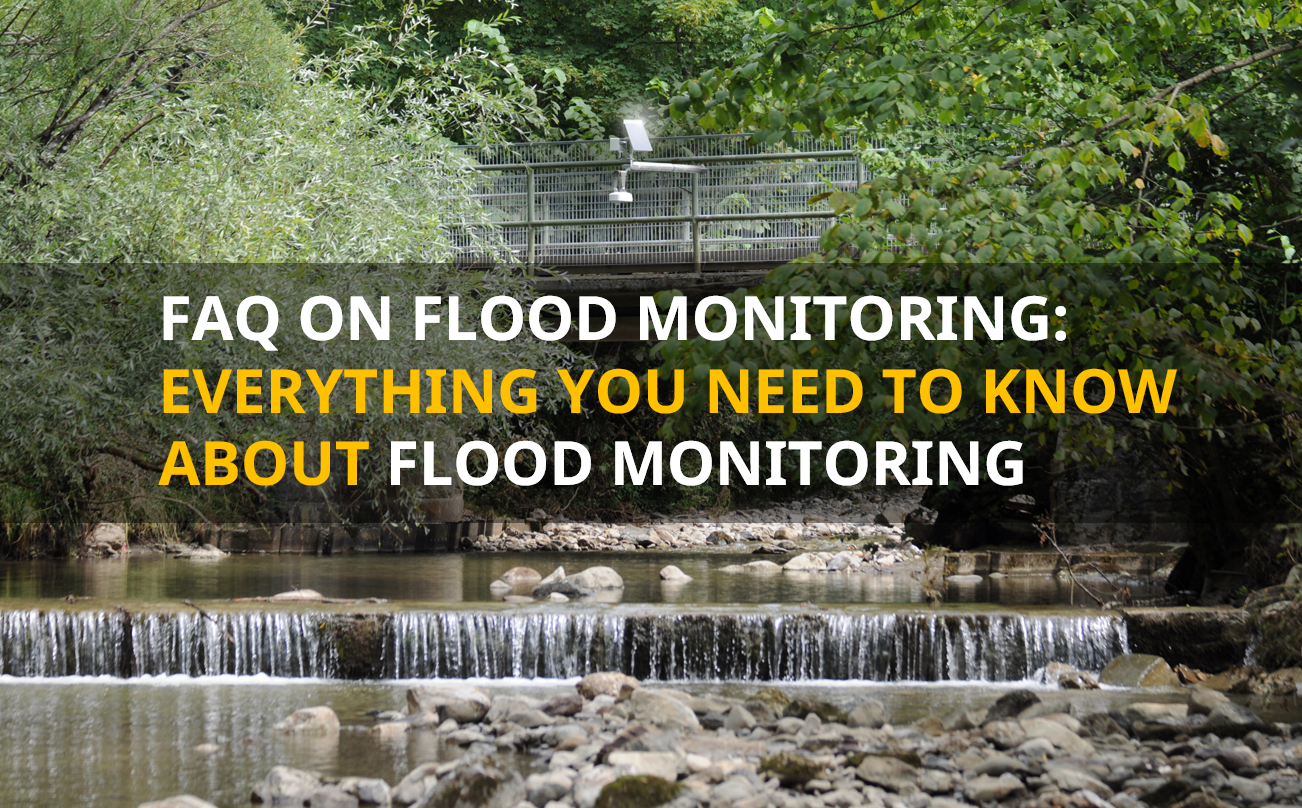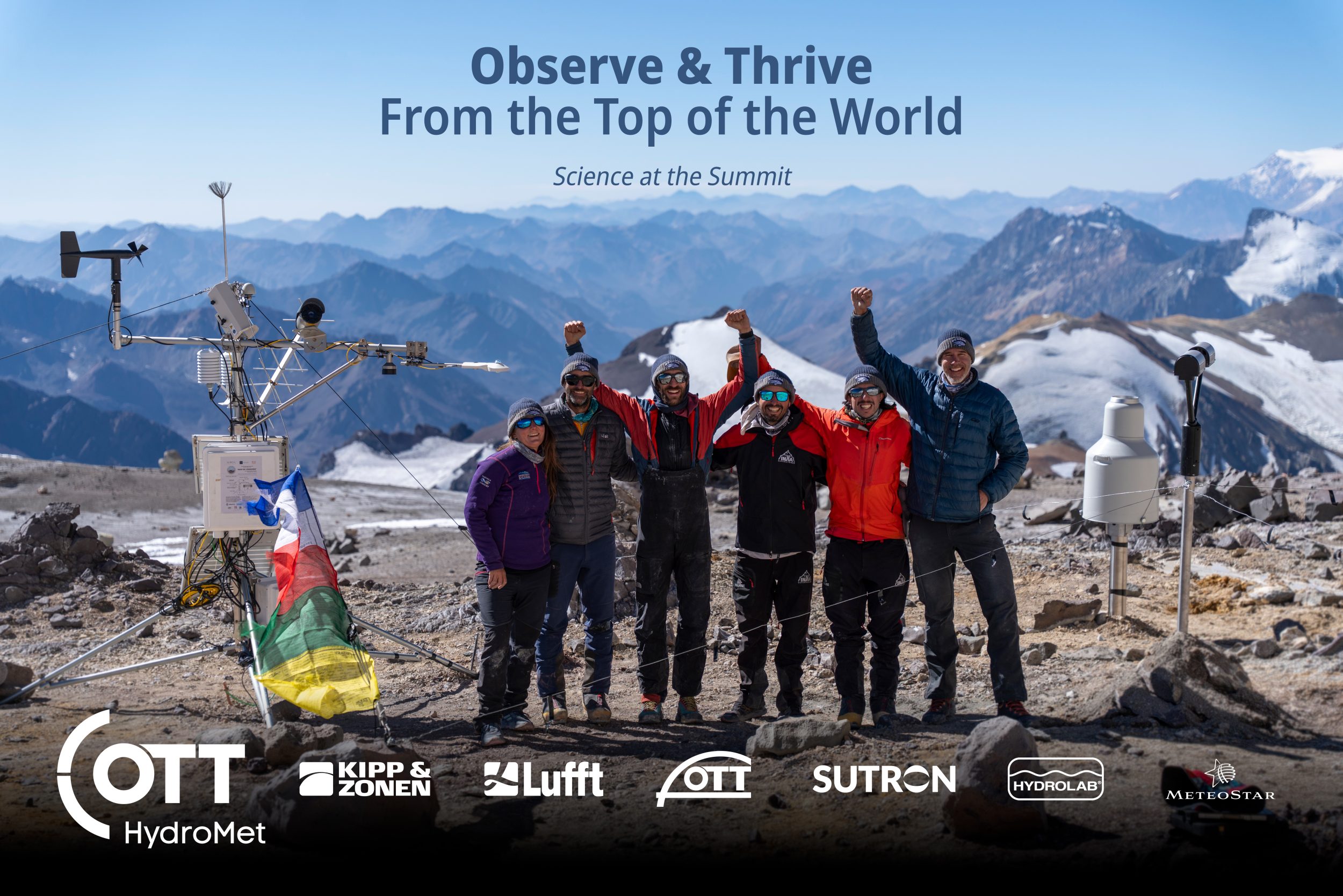We take it for granted. The pills are of high quality and only contain the ingredients that support our health. Anyone who takes drugs, relies on hygiene, cleanliness and sterile production conditions in pharmaceutical companies. If you consider that, the active ingredients are often found only in milligram quantities it becomes clear how important it is that there will be no contamination.
We take it for granted. The pills are of high quality and only contain the ingredients that support our health. Anyone who takes drugs, relies on hygiene, cleanliness and sterile production conditions in pharmaceutical companies. If you consider that, the active ingredients are often found only in milligram quantities it becomes clear how important it is that there will be no contamination. Small amounts of dust, or particles of other substances may influence the effect of a drug. Some substances may even turn a harmless medication into an extremely dubious one.
On top of that, temperature and humidity in the processing of certain ingredients play a significant role. Some drug changes or loses its effect when it is exposed to certain temperatures. This demonstrates how essential it is in pharmaceutical production to guarantee constant production conditions. The requirements of Good Manufacturing Practice (GMP) therefore establish detailed rules production processes. Therefore, there are precise guidelines for various production processes. These include “Good Laboratory Practice” (GLP), Good Clinical Practice (GCP), Good Engineering Practice (GEP) and many more.
Since products are changing, it is necessary to adapt production guidelines. In the U.S., this happens every year. If one, however, thinks of the busy bustle in a laboratory, it is clear how complicated it is to keep the prescribed working and production conditions in mind at all times. A highly automated process is important. Lufft has a range of products that do exactly that. They “scan” the temperature, humidity and other factors around the clock and provide reliable data at all times. This way, employees in laboratories know at any given time whether the environmental data still meets the requirements.
This includes the equipment of the Opus family of Lufft like the OPUS20 THI or the OPUS20 TCO. They are characterized by their high accuracy and reliability, and provide a high security alert in sensitive production processes. The OPUS20 THI is used primarily for monitoring and building climate control in all climate-sensitive production processes such as IT data centers, control panels, wind turbines, storerooms and museums. The OPUS20 TCO however also measures the carbon content. This way Lufft is helping to improve the working conditions for employees.
The instruments of Lufft deliver accurate data on labor and production conditions at any time so that producers and consumers can rely on the fact that the requirements of GMP were observed.
Additional link: » Lufft References of pharmaceutical companies



